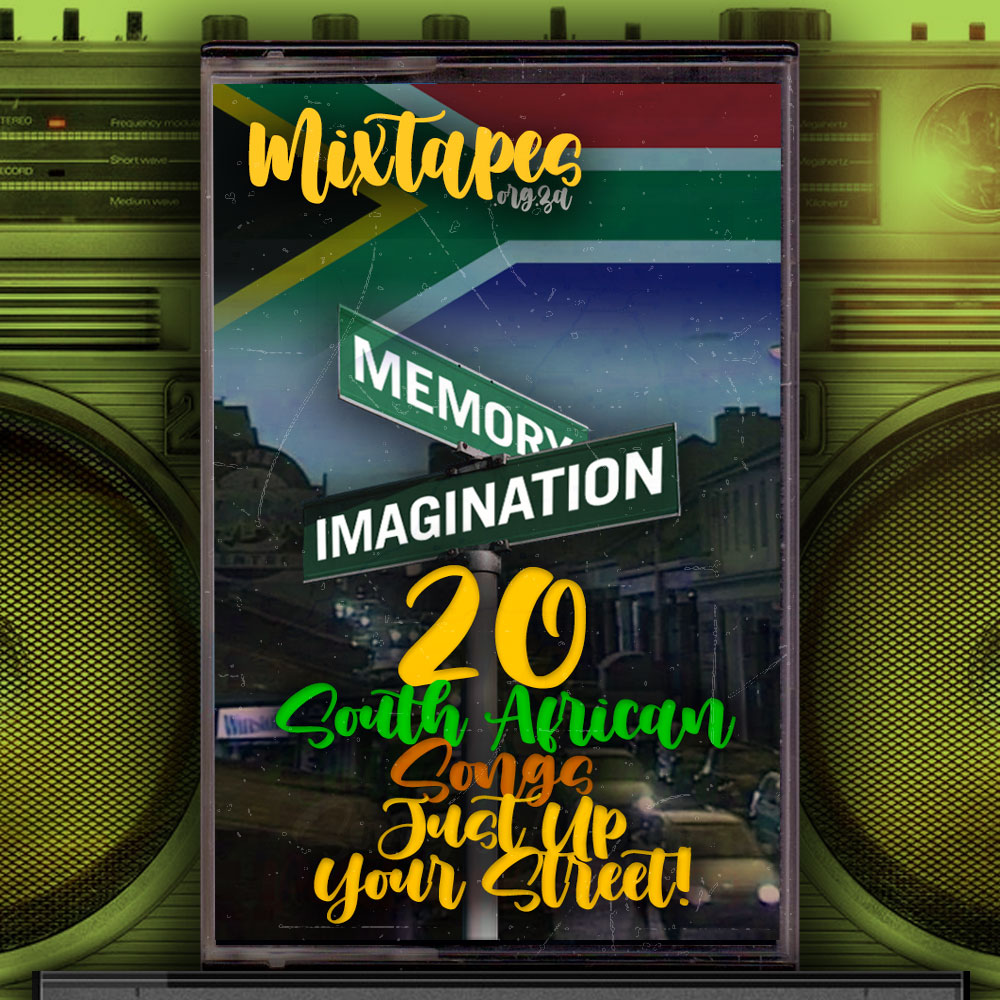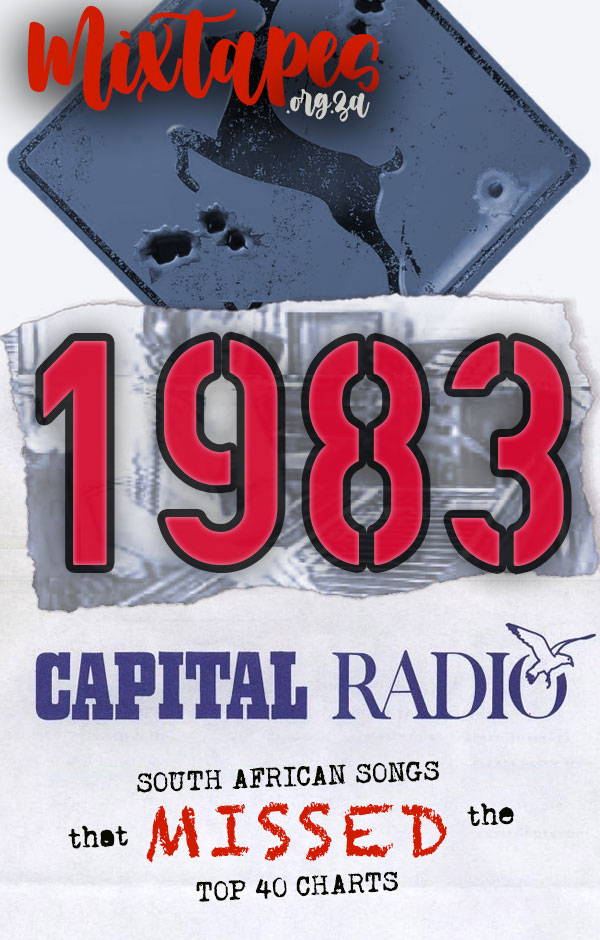
Music has the ability to capture the spirit of a place. This is a theme we have been exploring in the past few mixtapes about music and place names in South Africa. This mixtape continues that theme, but takes us right down to street level. Musicians have regularly been inspired to compose songs about the street they live or work in, a road they drive along, or to commemorate someone a street is named after.
Simphiwe Dana begins this mixtape with such a song: an ode to Steve Biko and the black consciousness ideas he encouraged. Biko said that, “A people without a positive history are like a vehicle without an engine.” And Dana seems to suggest that when black South Africans find that engine, they drive down Bantu Biko Street, celebrating their pride and dignity.
Also exploring principles through the metaphor of street names, in “Ambush Street” the Kalahari Surfers comment on South Africans being ambushed by corruption, some trying to beat the Jo’burg heat, discreetly breaking the law in Ambush Street. The woman in Jennifer Ferguson’s “In Judith Road” also breaks the law, doing what she needs to get by: “She feeds the fat boys ginger biscuits and masturbates the rest”.
The singer in Beatenberg’s “M3” thinks about how the freeway he drives along connects him to the person he sings to in the song, following the road wherever it takes him. Also in Cape Town, Bright Blue’s “2nd Avenue” is where the singer stops to make a bane, on the way to the station to catch a train.
Many of the songs on this mixtape capture the feel of streets solely through music, not using lyrics at all. From the upbeat vibe of the Boyoyo’s song about Eloff Street in the Jo’burg city centre to the mellow rural folksiness of Nibs van der Spuy & Guy Buttery’s Lobombo Mountain Drive in KwaZulu-Natal.
So many moments and places are aptly captured in songs, allowing us to remember or perhaps just to imagine …Wherever these songs take you, we hope you enjoy the journey!
- Bantu Biko Street – Simphiwe Dana
- New Street – Dave Goldblum
- M3 – Beatenberg
- Nuttall Street – Basil Coetzee
- Hanover Straat – Anton Goosen
- 2nd Avenue – Bright Blue
- Eloff Street No 2 – Boyoyo Boys
- 10th Avenue – African Jazz Pioneers
- WD 46 Mendi Road – Dick Khoza
- In Judith Road – Jennifer Ferguson
- Down Rockey Street – Moses Molelekwa
- Ntuli Street – Bheki Mseleku
- London Drive – Jo’burg City Stars
- Freeway to Soweto – David Thekwane & the Boyoyo Boys
- Ambush Street – Kalahari Surfers
- Armitage Road – The Heshoo Beshoo Group
- N3 East – Nishlyn Ramanna
- Lobombo Mountain Drive – Nibs van der Spuy & Guy Buttery
- 9 Aldershot Road – Government Car
- Mampuru Street – Sakhile


